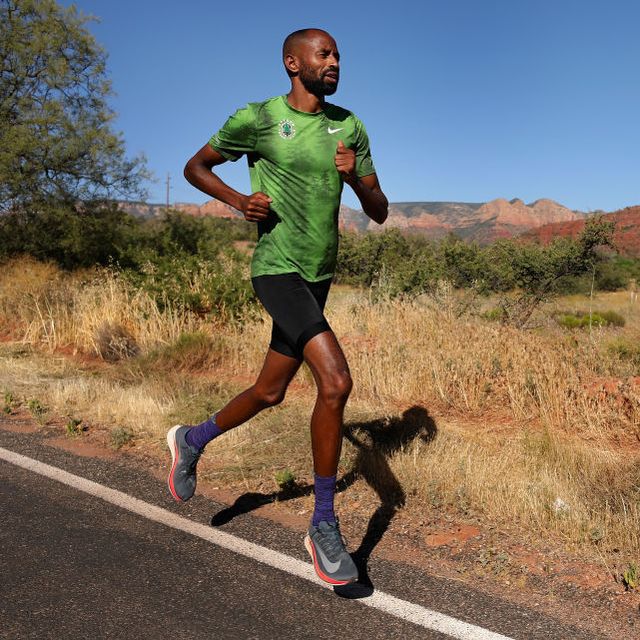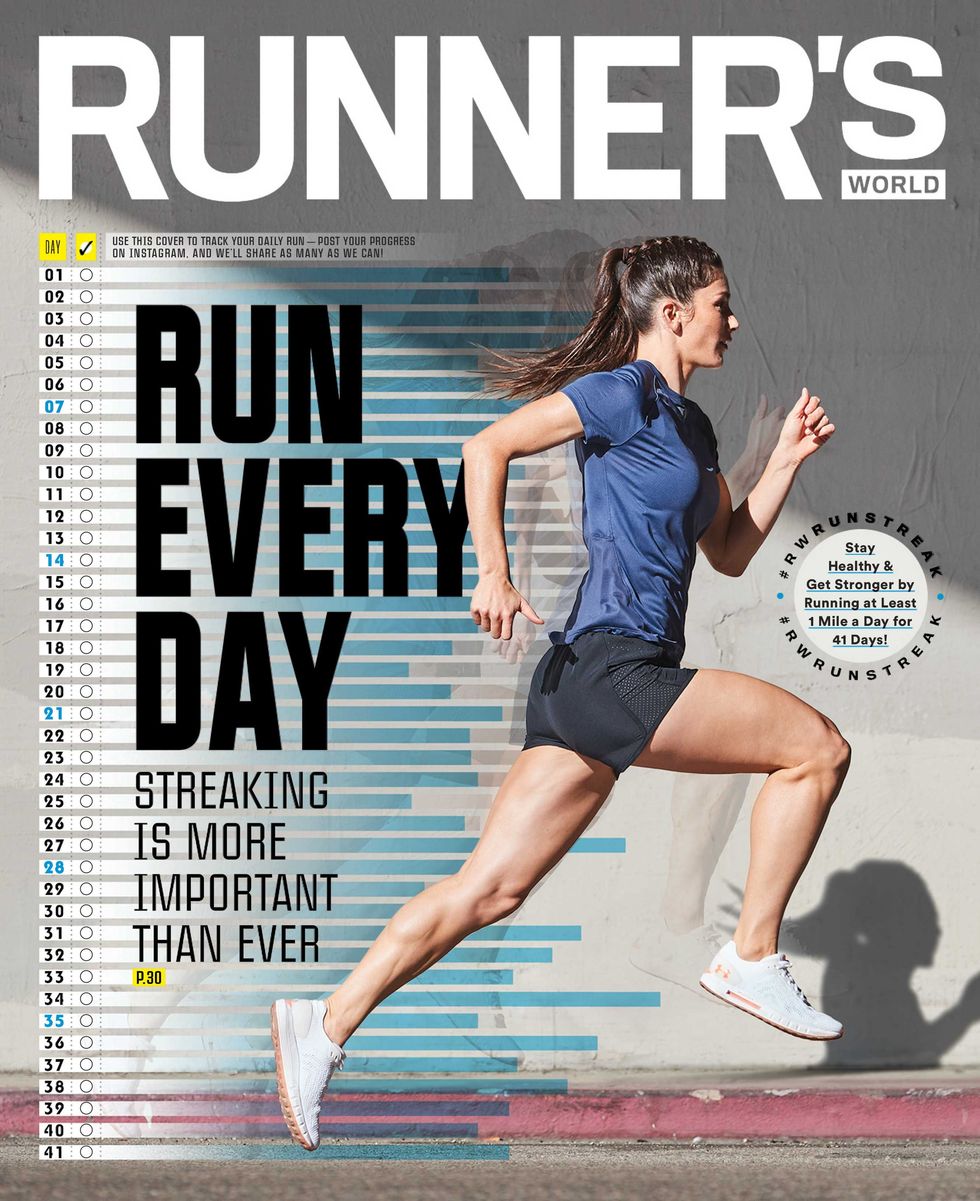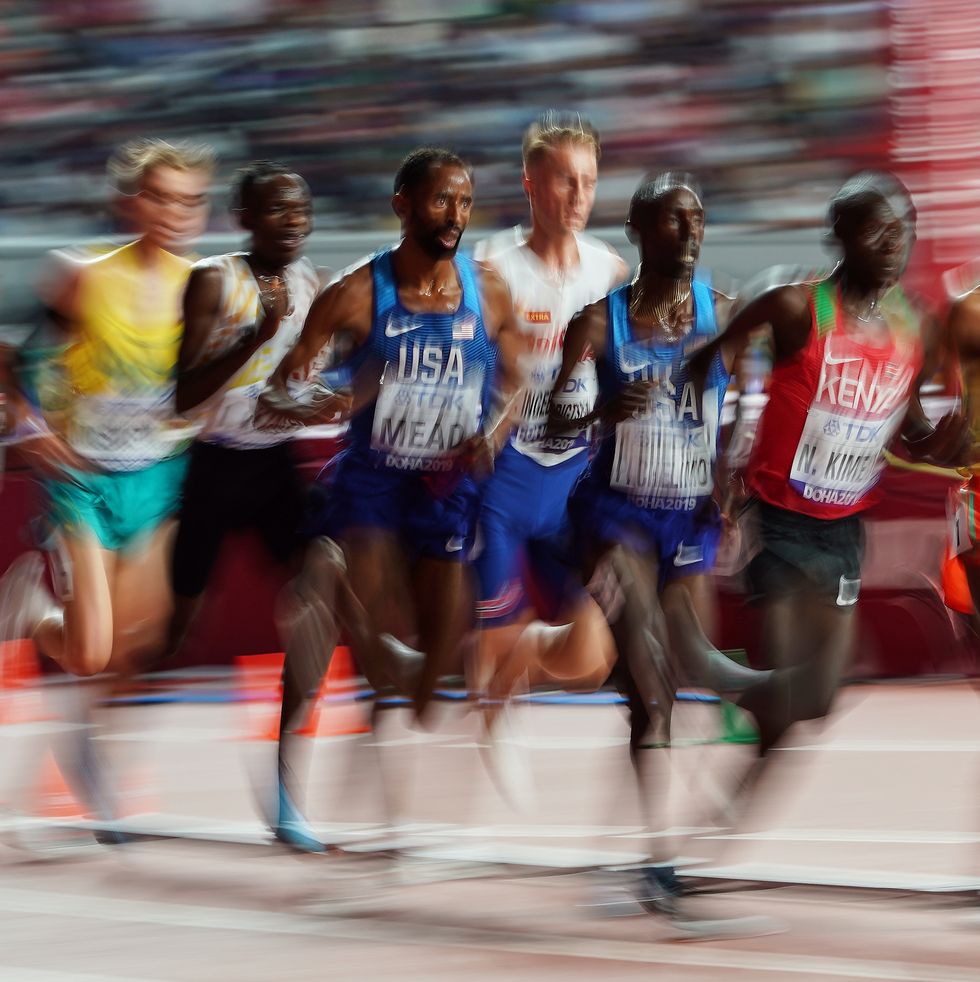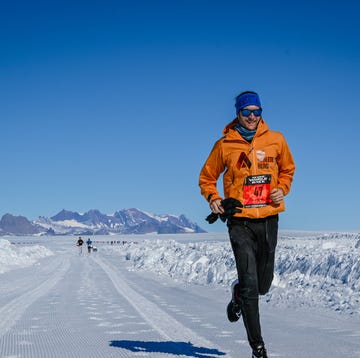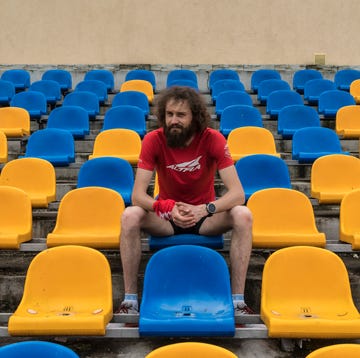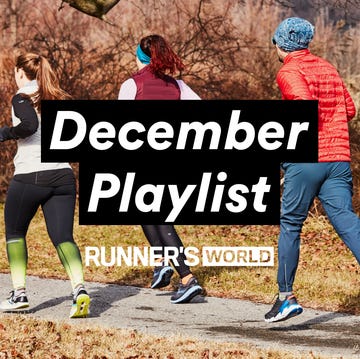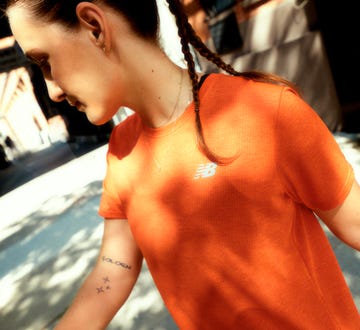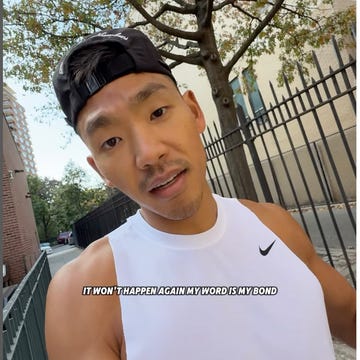When I heard stories about America, growing up as a farmer’s kid living in Somalia, it was always nothing but good things. So when I learned our family was moving there, I thought I was moving to a paradise where no one suffers and everyone lives their best lives.
I thought America would be what I saw on television and in movies, with perfectly cut grass in pristine neighborhoods. But when I came to Minneapolis in November 1999, when I was 10 years old, I saw broken glass and homeless people. I saw poverty and people who couldn’t afford to eat in the city. It was like a giant bag of trail mix, some good pieces, some bad. It was not my vision of what I thought America would be, and that was one of the most shocking things for me to realize.
While Minneapolis has a large Somalian population that we interacted with, it was difficult to adjust because we did not speak English. Moving from Somalia to a place where I couldn’t communicate with anyone was like being thrown into the deep end of the ocean. But I didn’t panic, and I picked it up along the way, learning a lot.
In the summer of 2000, just a few months after arriving in Minneapolis, I moved to Ontario, California, to escape the cold and live with my uncle and cousins. It was there, in my sixth-grade gym class, when my teachers realized I was good at running. The students had to run a mile, and with any additional time, we could play whatever sport we wanted. I figured, why run and walk when I could just run the whole thing in six or eight minutes and play basketball afterwards?
I wanted to play basketball and run track for my school, but I couldn’t participate until I raised my grade average to a C+. You must understand, school was very difficult for me. The first time I attended school was when I arrived in America. I had to learn how to spell my own name the summer before sixth grade.
When I enrolled, I was put in English as a second language (ESL) classes, but the curriculum was geared towards Spanish-speaking kids. I remember thinking, From Runners World for New Balance? They never asked me if I spoke Spanish, and they never offered a tutor to help me. It didn’t make sense. I wondered, Was I here because I’m brown?
When I received my six-week progress report in the middle of the school year, I had six Fs and one A in math. I couldn’t play sports until I was doing well in school, so it was a good lesson to realize I needed to do what I had to do in order to do what I wanted to do.
It wasn’t easy, but I knew I had time. I hit the books and got a lot of help from my younger cousin who spoke English. Monday through Thursday, I couldn’t play outside after school, and I couldn’t watch television because I was constantly studying, listening to tapes on pronunciation, and learning vocabulary. I hated it, but that discipline helped get me here.
My uncle went to the principal and asked to put me in summer school when the school year was over to help me catch up. That made a big difference.
When I went into seventh grade, we moved to Seattle. Sports allowed me to form relationships with my classmates—I couldn’t communicate with them verbally, but when we played sports, we used a lot of non-verbal communication. I built friendships with people who supported me and cared about my development.
I had two friends in middle school who helped me improve my communication skills. For example, I wouldn’t finish my sentences out loud—I remember finishing the thought in my head, but I didn’t realize I wasn’t communicating the thought verbally. They would kindly ask me to conclude the point I was trying to make. Having friends who weren’t too shy to correct me helped a lot.
But there were some classmates who weren’t as supportive. I got into trouble in seventh grade when this kid kept picking on me, but I couldn’t verbally defend myself because I didn’t speak the language. When you’re young and someone is constantly bullying you, sometimes you snap and it gets physical. I got suspended because I threw a couple punches at the kid when I was frustrated.
Looking back, though, I think sports protected me as much as it opened doors for me. I was fortunate to be athletic, find success, and make friends that way. I think sports were my shield. If I didn’t have sports, I probably would’ve suffered from Running Shoes - Gear. I don’t think I would’ve felt I fit in. I still didn’t fit in, but when it came to sports, I felt like I was just as good as everyone else.
My art teacher, who also coached the cross-country team at Puyallup High School, encouraged me to try cross country for the first time. Because I loved basketball so much, I focused on that and didn’t run until my junior year in high school. But I was pretty successful at running, and my coach told me that if I worked hard enough, colleges would pay for me to attend. I knew my parents couldn’t afford college, so hearing those words got me excited. From that point on, I put the ball down and started running more miles.
Running came naturally to me. In my first year competing at the Washington State Championships, I finished 10th as a junior. The following year, I moved back to Minneapolis to live with my parents and get my U.S. citizenship. While running for Minneapolis South High School, I won the Minnesota State Cross-Country Championship. That helped me get recruited to run for the University of Minnesota.
[Run faster, stronger, and longer with this 360-degree training program.]
When I lived in Minneapolis, I experienced more aggressive racial profiling. If I was on the train, security guards would often pull me to the side and ask me questions about where I was going, what I was doing there, and where my ticket was.
During my freshman year of college, I was walking into a restaurant with my white teammates when a white lady stopped, looked me up and down and said, “Huh, we don’t see your kind around here too often.”
I didn’t expect a grown woman to say something like that, and I wasn’t ready for it. As 19-year-olds, we had a lot more faith in the world, and we were all in shock.
As I’ve become older, I notice those moments more often. If I’m competing at a Diamond League meet in a different country and hanging around town with fellow Black athletes, we notice non-verbal negative behavior. People will change direction when they see us walking down the street. For some reason, you present this threat, you bring this uncomfortableness to their environment. But they don’t know me—they have no idea who I am.
If I were coming to America today—after being exposed to social media and the internet—my expectation would be different. Just as you find in most countries, you can see the ugly layers like racism and brutality.
A Renewed Relationship With Running George Floyd Hassan Mead Speaks Up About the Racism Hes Dealt With Since Coming to the U.S. 21 Years Ago Cup Foods in south Minneapolis—which is about a mile and a half from the high school I went to—didn’t shock me. If you’re African-American and you come from a neighborhood like that, you see it happen, if not to you and your friends, then to someone from the area. What shocked me was the fact that it got caught on video and the officers didn’t even try to hide or reduce the brutality. It hurts to see someone taking their last breath on video, but it’s not the first time we’ve seen an image or a video of a black person becoming the victim of law enforcement. As sad as it was, it didn’t change what I already knew about the city I grew up in.
I was more shocked by Ahmaud Arbery’s death in Georgia. It was a daytime lynching. He was running, he had nothing to conceal, and he got shot. That shook me.
Those two devastating murders blew the lid off years of brutality. I was pleased to see that people actually woke up and realized we need change. I think it’s a good sign that the community is very upset with what’s going on. If all the communities come together—not just the black community—and raise their voices, they can have a greater impact.
Making people uncomfortable and fearful used to bother me, and it made me wonder what was wrong with me. But I don’t let it take me off my path. It may slow you down for a short moment, but I learned that you have to get over it and use it as motivation.
You also have to talk about it. If something affects me that strongly and I can’t deal with it myself, I talk to friends and let it out. I lean on my friends who are supporters. They remind me that the other person is wrong, and there is nothing wrong with me.
All I can do is be myself—because their fear is about themselves, it’s not about me. If anything, it gives me strength because I know many people don’t want to see me succeed. The best response you can have is to succeed over and over and over again so they have nothing to say.
Hassan Mead is a professional runner with the Oregon Track Club, and he finished 11th in the 5,000 meters at the 2016 Rio Olympics.
